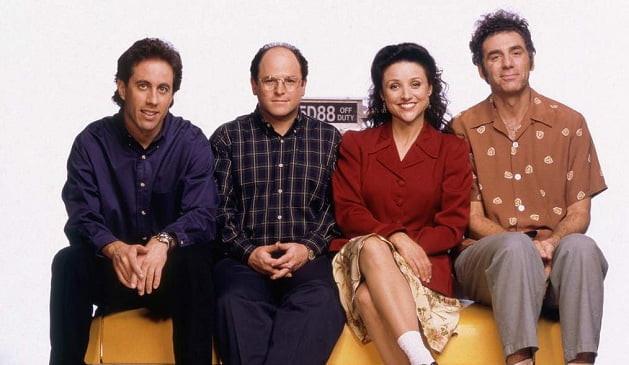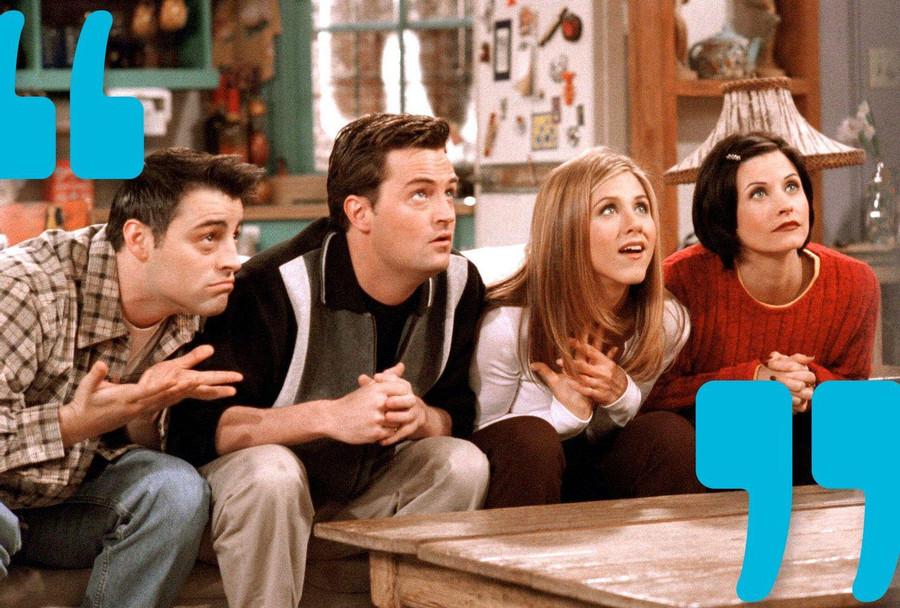Avoid Writing Clichés
Curated from: masterclass.com
Ideas, facts & insights covering these topics:
9 ideas
·1.23K reads
13
Explore the World's Best Ideas
Join today and uncover 100+ curated journeys from 50+ topics. Unlock access to our mobile app with extensive features.
Clichés Everywhere
Have you ever watched a movie or TV show and noticed that a line of dialogue or a plot point seemed familiar? Maybe a character says, "let’s get the hell out of dodge," or the film's hero is a prophesied "chosen one." These are both examples of clichés.
If you're a beginner screenwriter wondering how to avoid using clichés in your own writing, there’s no better guide than acclaimed television writer and producer Shonda Rhimes.
20
217 reads
Defining A Cliché
A cliché is an expression that was once innovative but has lost its novelty due to overuse. Take the phrase “as red as a rose” for example—it is a universal descriptor for the colour red that is now commonplace and unoriginal.
Other examples of clichés include demarcations of time, such as “in the nick of time” and “at the speed of light.” Clichés also include expressions about emotions, such as “head over heels” to describe love, or the phrase “every cloud has a silver lining” to express hope in difficult situations.
19
167 reads
6 Tips for Avoiding Clichés in Writing: If Your Dialogue Sounds Familiar, Write Something New
Any line of dialogue that you've ever heard anybody say before is already a cliché, so don't write it down.
When there are seemingly limitless ways to express a sentiment, why wouldn't you create an original sentence? If you're struggling to come up with fresh words, use a thesaurus—just be careful to not misuse an unfamiliar word.
18
148 reads
Strive to Create a New Cliché
Your goal isn't to copy somebody that you admire, your goal is to be the thing that other people would admire themselves.
Instead of borrowing from someone else's writing, make your own writing completely original. Make it your goal to write something so innovative that it becomes a new cliché.
18
130 reads
Put A Spin On It
There's almost nothing new under the sun. But there are different interpretations and different ways of thinking of things that are new." It's impossible to be one hundred percent unique all the time, so try putting a new twist on a familiar concept.
Use a familiar idea as inspiration, and approach it from a new point of view. A great way to create an effective plot twist is to start with a clichéd premise, then subvert the audience’s expectations by going in a different direction.
20
121 reads
Write Realistic Dialogue
You want your dialogue to have a real quality that doesn't feel like 'TV talk.'
Authentic dialogue should sound the way people actually talk. In real life, people don't talk in complete sentences, they use the wrong words, they talk over each other, and nobody says all the perfect things at the perfect times.
23
120 reads
Eavesdrop on Real Conversations for Inspiration
You can think of the dialogue you write as being the conversations that real people have—the kind you would overhear someone having if you were hiding in a closet in their house."
One of the best ways to get a feel for how people actually talk is to pay attention to how people talk in the real world.
22
109 reads
Listen to Your Dialogue Read Aloud
Get somebody else to read your dialogue out loud for you, because then you can really hear how it sounds. ” You might not realize you used a cliché until you hear it spoken out loud.
When you finish your first draft, either read your dialogue aloud yourself or ask someone else to read it aloud for you. If you notice any overused phrases, go back and rewrite them in a fresh way.
21
103 reads
Common Clichés to Avoid in Your Writing
When working on your own screenplays, avoid these common clichés:
“The wrong side of the bed.”
“Think outside the box.”
“Loose canon.”
“Can of worms.”
“What goes around comes around.”
“Dead as a doornail.”
“Plenty of fish in the sea.”
“Ignorance is bliss.”
“Like a kid in a candy store.”
“You can’t judge a book by its cover.”
“Take the tiger by the tail.”
“Every rose has its thorn.”
“Good things come to those who wait.”
“In the nick of time.”
"If only walls could talk.”
“The apple doesn’t fall far from the tree.”
“The pot calling the kettle black.”
“The grass is always greener on the other side.”
20
116 reads
IDEAS CURATED BY
CURATOR'S NOTE
Write stuff people haven't heard or seen already.
“
Francisco W.'s ideas are part of this journey:
Learn more about communication with this collection
Understanding the psychological rewards of bad habits
Creating new habits to replace old ones
Developing self-discipline
Related collections
Similar ideas
6 ideas
4 ideas
10 Facebook Ad Metrics Marketers Must Track
socialmediaexaminer.com
11 ideas
How to Expertly Deal with Rude People
scienceofpeople.com
Read & Learn
20x Faster
without
deepstash
with
deepstash
with
deepstash
Personalized microlearning
—
100+ Learning Journeys
—
Access to 200,000+ ideas
—
Access to the mobile app
—
Unlimited idea saving
—
—
Unlimited history
—
—
Unlimited listening to ideas
—
—
Downloading & offline access
—
—
Supercharge your mind with one idea per day
Enter your email and spend 1 minute every day to learn something new.
I agree to receive email updates









